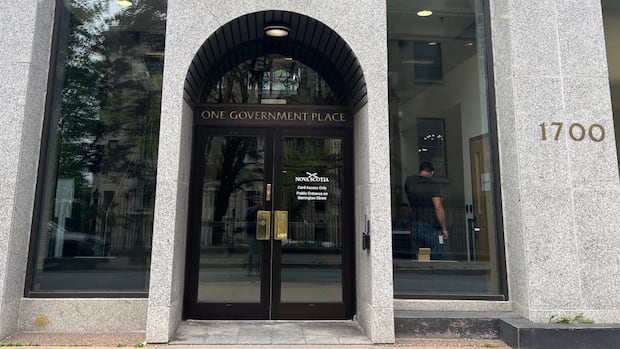British Columbia farmers lost $456.9 million in 2024, according to Statistics Canada, with a lobby group saying there are multiple reasons the province’s agricultural sector suffered the largest net loss in Canada last year.
Statistics Canada data shows that B.C. farms, as a whole, haven’t turned a profit since 2017, and the farm sector has seen a larger net loss every year since 2020.
The B.C. Agriculture Council said the cost to find suitable agricultural land is prohibitively high in B.C., and the average farmer in the Lower Mainland is carrying millions of dollars in debt.
In addition, a series of climate disasters have wreaked havoc on B.C. farms, including the 2021 floods in the Fraser Valley that affected 1,100 farms and led to more than 60,000 hectares of farmland being lost, according to Jennifer Woike, the president of the agriculture council.
The council is asking the government to increase its compensation programs for those affected by climate disasters, as well as updating the province’s 52-year-old Agriculture Land Reserve (ALR) to ensure farms can survive in the decades to come.
“B.C. is the most expensive province to farm in in Canada,” said Woike, who owns a Vancouver Island farm that primarily deals with egg-laying poultry.
Woike said one of the biggest hurdles for the sustainability of farms, especially for farmers who don’t have intergenerational wealth and land to rely on, is the cost of land.
“You can’t just build a poultry farm on a five-acre parcel of land. It doesn’t fit,” she said. “So finding those large acreages are few and far between, and they are expensive.”
Climate change, tariffs latest hurdles
Woike said climate change was a “whole chapter” unto itself when it came to how farmers in the province have struggled with profitability.
In 2021, an unprecedented heat dome led to fruit crops being “cooked” on the branch in the Okanagan and Fraser valleys, followed by thousands of crops being submerged by floods in the fall.

Two years after that, the province saw its worst drought and wildfire seasons in recorded history. In 2024, a historic cold snap led to the destruction of a year’s worth of crops in some areas.
Woike said she appreciates the province’s climate mitigation and disaster relief programs, but the application processes were often bogged down in bureaucracy.
“Those programs were not designed to make the farmer whole. You know, sometimes they only cover up to 70 per cent of the losses,” she said.
The B.C. wine industry is facing catastrophic wine grape crop losses this year. As Brady Strachan reports, a prolonged cold snap in January has damaged vineyards across the Okanagan.
A new hurdle facing farmers this year is the prospect of U.S. tariffs — with Woike saying B.C. farmers are reliant on imports, as the province simply doesn’t produce the right kind of fertilizers and pest control products that farmers need.
“Disruptions to those global supply chains, since the pandemic, have increased these costs anywhere from 30 per cent to as much as 100 per cent,” she said.
Province working to update ALR
In addition to asking the government to increase compensation rates for climate disaster relief programs, Woike said she’d like the government to update the ALR.
The program was established in 1973 to protect land with prime agricultural conditions for farming and ranching. It currently protects approximately 4.6 million hectares of arable land in B.C., and Woike said she’d like to see it updated.
“The ALR itself ensures that there’s still hope for future generations to be able to afford farmland — because it is preserved just for farms. That is super important,” Woike said.

In a statement, B.C. Agriculture Minister Lana Popham said the province is working together with farmers to build a sustainable food system in B.C.
“I have heard from farmers and producers about the challenges they have been dealing with, including high costs, climate impacts, intensified global competition, access to labour and the potential impact of tariffs,” she said.
“Earlier this year, we responded to an industry request and set up a new Premier’s Task Force that is working on the most pressing issues for the agriculture and food sector including profitability and competitiveness.”
The B.C. government said it provided $175 million to tree fruit growers through climate-related financial assistance programs between 2020 and March 2024, and also designed specific recovery programs for large-scale climate disasters.
It added that it is advocating for changes at the federal level to ensure funding can be distributed to farmers more easily during disaster situations.
“The B.C. government supports increasing food production in the ALR,” a ministry spokesperson said.
“We also know there is a need for more land to do processing, and we are actively working on a renewed inventory of the ALR so we can make better policy decisions supporting agriculture.”








